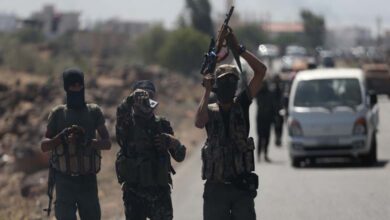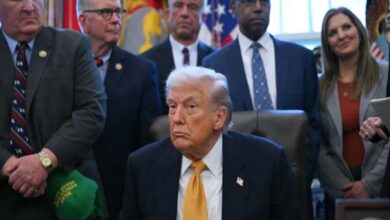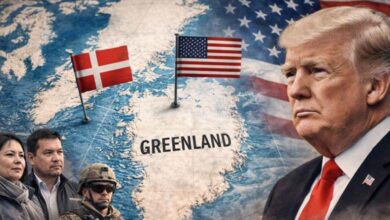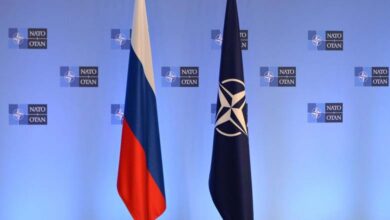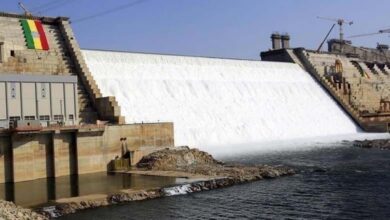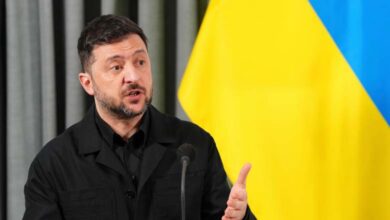Europe’s Decisive Test: 10 Steps to Navigate without the American Captain
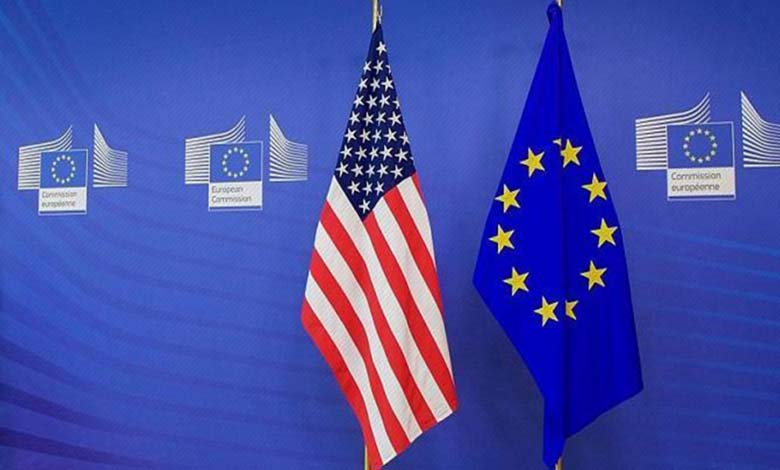
The speech by J.D. Vance and Donald Trump‘s plan to withdraw American influence from Europe have put the continent’s leaders to the test as they chart their next strategic course.
Immediately following the scathing attack by U.S. Vice President J.D. Vance on Europe at the Munich Conference, French President Emmanuel Macron called for an emergency summit in Paris with key European leaders to coordinate the continent’s response.
According to an analysis reviewed by Foreign Policy, Macron was partially correct in understanding that this is a moment that requires decisive action from leaders rather than institutional restructuring.
-
January 13: Iranian-European Talks on the Nuclear File in Geneva
-
Discover the 10 Most Powerful Armies in Europe: The United Kingdom in First Place
Although European Commission President Ursula von der Leyen, European Council President António Costa, and NATO Secretary General Mark Rutte were present, the summit itself was incomplete, and the meeting was marked by hesitation in making decisions.
German Chancellor Olaf Scholz refused to consider sending troops to Ukraine or allocating additional funds, while Poland also declined to deploy forces.
In this context, Foreign Policy highlighted that each country has its reasons for not taking the lead alone, outlining ten immediate steps European leaders can take:
-
Ukraine’s Bell Rings across Europe: Cooperation to Build a Defense Industrial Base
-
“The Most Dangerous Container Ever”: A Substance Will Soon Travel Across Europe for Research Purposes
- Include Zelensky in Strategic Summits
Europe must integrate Ukrainian President Volodymyr Zelensky into high-level summits like the one in Paris.
A follow-up summit should be held on February 24, when European leaders plan to travel to Kyiv to mark the third anniversary of the war. This move would reinforce the notion that Zelensky leads a major European country and deserves a seat at the highest table, ensuring he is not abandoned.
- Seize Frozen Russian Assets
European governments must immediately seize $150 billion in frozen Russian assets held in European banks.
Under international law, these funds legally belong to Ukraine as compensation for war damages and could be effectively utilized for Kyiv’s defense industries and broader European security efforts.
-
“Victory Plan”… European Criticism Disrupts Zelensky
-
“Terrorism and Extremism in Europe from the Inside”: A Book Warns of the Dangers of the Muslim Brotherhood
- Increase Defense Spending to 3%–5% of GDP
All major EU nations must immediately increase their defense spending to at least 3% of GDP if they have not already done so and create plans to raise it to 5% within three years.
To facilitate this, a government-backed rearmament bank should be established, a concept recently proposed by British General Nicholas Carter, journalist Edward Lucas, and strategist J.D. Cilliers.
- Expand Nuclear Weapons Production
European nations must increase nuclear weapons production.
France and the UK have the necessary arsenals and technology, but they cannot afford to expand their nuclear stockpiles alone. Other major European powers should contribute financially.
-
After America: Is it Time to Transform NATO into a European Organization?
-
World War Preparations? Europe’s Weapons Stuck on the Rails
Special focus should be placed on strategic weapons, such as France’s air-launched cruise missiles, while enabling a coalition of key nations—including the G8 and Poland—to participate in nuclear deterrence efforts.
- Supply Ukraine with Swedish Gripen Jets
Sweden should transfer all of its Gripen fighter jets (approximately 100 aircraft) to Ukraine, as these jets require less maintenance than American-made F-16s.
Sweden must also redirect Hungary’s Gripen orders to compensate for gaps left by its assistance to Ukraine, ensuring sufficient time for domestic production.
-
Cold War on the Horizon… Russia: European Capitals are Targets if Missiles are Deployed in Germany
-
How did political Islamic movements contribute to the rise of the far right in Europe?
Meanwhile, the UK—possibly with France, Spain, and Italy’s help—should deploy air patrols to protect Swedish airspace.
- Utilize Norway’s Energy Profits for Defense
Norway should allocate excess profits from its oil fund, generated due to soaring energy prices caused by the war, to support the European war effort.
One priority should be maximizing 155mm artillery shell production, an area where Europe already has idle manufacturing capacity in parts of Scandinavia and Germany, according to sources cited by Foreign Policy.
- Restart the UK’s Artillery Shell Production
Britain must reopen a large-scale artillery shell production plant to ensure a steady supply of ammunition.
-
Warning of a “Terrorist Attack”: State of Alert in American Bases in Europe
-
Slovenia Becomes Fourth European Country to Recognize Palestine Amid Gaza War
- Enforce Secondary Sanctions on Russian Trade
In addition to the above measures, Foreign Policy suggests imposing secondary sanctions on companies that continue to engage in commercial transactions with Russia.
- Expand the European Defense Procurement Alliance (OCCAR)
Europe should expand OCCAR (the Organization for Joint Armament Cooperation), which already includes the UK and several EU countries.
This would centralize strategic procurement of expensive but essential military equipment, such as air defense systems, strategic air transport equipment, and command-and-control technology, ensuring large-scale operational capability.
-
European Concerns Over Russian Plans to Establish a Naval Base in Libya
-
The European Parliament Sparks Criticism in Lebanon – Details
- Plan for a U.S.-Absent War Scenario
Finally, Europe must start (if it has not already) preparing for a military confrontation with Russia without U.S. support.
To maintain diplomatic cover, this can be framed as a contingency plan to defend the continent in case Washington becomes preoccupied with a conflict in Asia.


